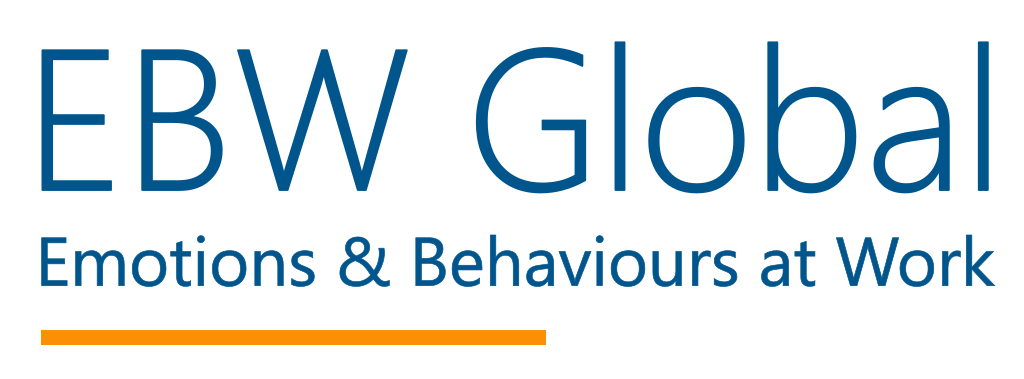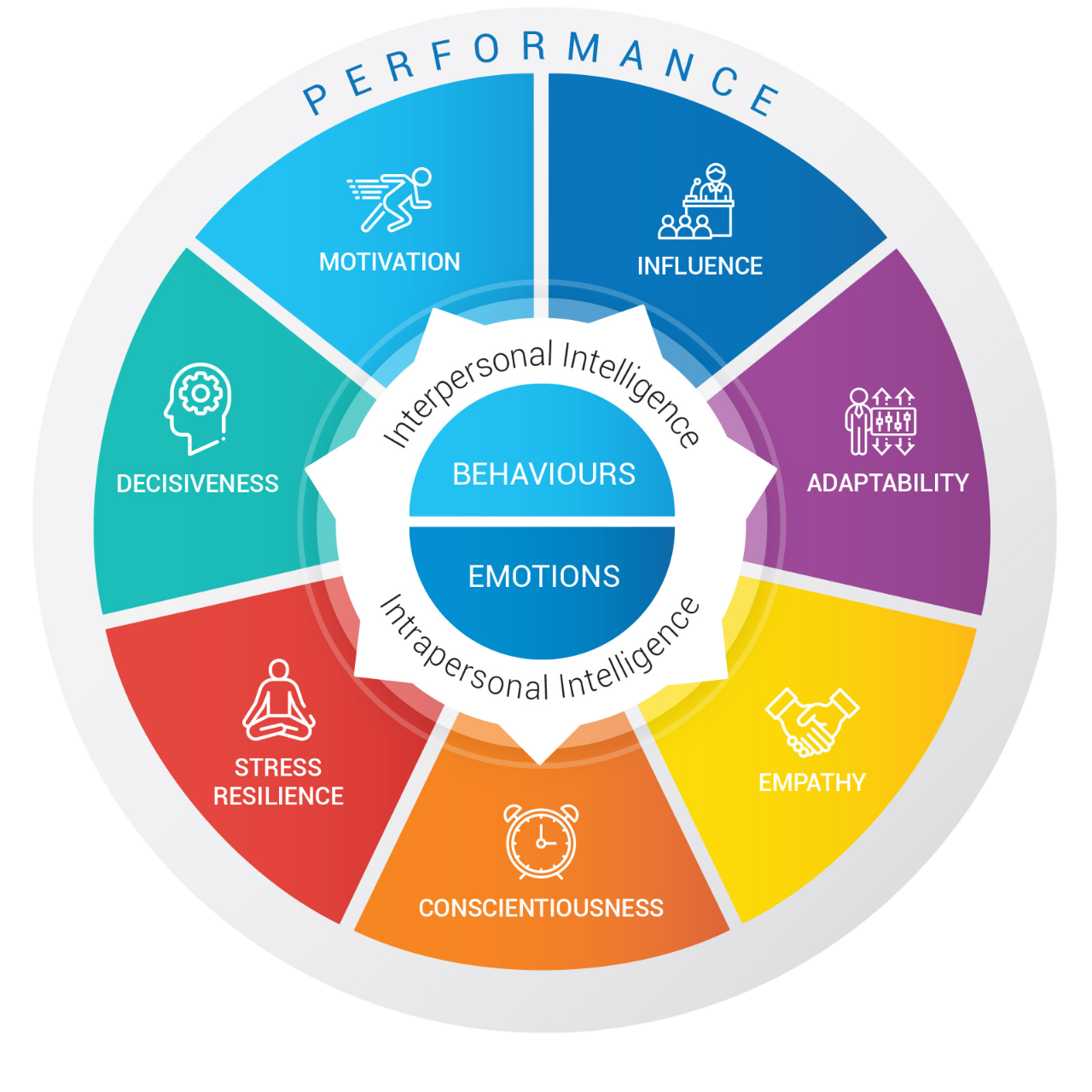Can you spot when people twist the truth?
Why using EQ is important when recruiting
Given their training and experience of talking to a wide variety of different people, recruiters are expected to be better than the layperson at spotting a candidate's potential and at identifying lies and deception.
Plus, in the current economic crisis the drive to reduce the candidate cost per hire without impacting on quality, HR managers and recruiters have to demonstrate how their expertise will stop organisations losing money from poor restructuring and recruitment decisions.
With the recruitment industry estimating that the average recruitment cost, taken from the point of placing the advert to the candidate making a performance impact, is 2.5 times the candidate's salary, the cost to the organisation if a HR manager makes the wrong recruitment decision is significant.
Pulling the wool over the eyes of recruiters
Unfortunately, research by Marc-André Reinhard, Martin Scharmach, and Patrick Müller, suggests that recruiters are not any better at identifying those candidates who have the experience and potential to perform well in the job and those candidates who lie about their potential and experience to convince the recruiter they are the right person for the job.
Their research suggests that most recruiters are no better at spotting a candidate’s lies than a layperson.
Reinhard and his team conducted research which had 350 participants watch video clips of interviewees talking about jobs they have had, both fictional and real. Over a quarter of the participants had experience of interviewing at least once, while around 13 percent were considered experts. The rest had never conducted an interview before.
Each participant was tasked to identify in which clip the interviewees were telling the truth and in which they had made up stories about their jobs.
The results of the research showed that the participants, in general, were right only 52 percent of the time, almost by chance.
This finding is not new; it has been established in previous research that people are generally not good at identifying deceit.
Plus, research has continually shown that interviewing alone (especially unstructured interviews) are at worse no better than flipping a coin (right 50 percent of the time) and at best only right about 70 percent of the time.
What’s new from the research is the finding that even the so-called interview experts (recruiters) were not better at identifying lies than the layperson.
If a recruiter cannot identify which candidates were lying or managing their impressions during their selection interview, then the chances of making the wrong recruitment decision and the associated costs are obviously significantly increased.
The EBW View
Obviously, there is some criticism of this research. Reinhard and his colleagues admit that their research has limitations. The participants did not conduct a real interview and there was no interaction between them and the interviewees.
Plus, in some job roles (such as sales), a candidate who can manage their impression (put on a good impression perhaps rather than lie) will perform better than those who are not able to.
However, despite these limitations, the findings have major implications that those involved in the recruitment process should consider.
Recruiting personnel is expensive. It takes a lot of time and resources to conceptualise, write and distribute the job ad; sift through the applications received; make the initial contact with short-listed candidates; set up the selection process and conduct interviews and make the job offer.
Then, if you make the wrong decision because a candidate is managing their impression, that can cause your recruitment process to be very costly.
See the wood for the trees with Psychometrics
Above: EBW Emotional Intelligence EQ Model Diagram
This is where a well validated cost effective psychometric such as the EBW can make a difference (see diagram).
EBW Global assessments are focused on identifying the Business Emotional Intelligence (Business EQ) of candidates.
This kind of intelligence - which is different from the IQ - is about people’s ability to manage their emotional drivers that affect their performance at work.
It is how individuals manage both themselves and others. This includes: how they make decisions, understanding why people behave the way they do and how to maximise their performance.
Research has shown that Emotional Intelligence at work is crucial to produce leaders and workers who will succeed in the workplace and more likely stay and develop within the organisation.
As well as measuring resilience, motivation, decision making etc, a major component of the EBW assessments is its Impression Management Tool (IMT) that reveals what candidates do not want the interviewer to know.
How engaged are they in the assessment process?
Is the candidate attempting to fix their assessment answers?
What kind of impression is the candidate trying to make?
Is the candidate being honest with themselves?
EBW Global Emotional Intelligence assessments ensures that recruiters are able to get under the skin of a candidate and discover how much candidates are managing their impressions.
It also provides bespoke "traffic lighted” questions, a structure to the interview and a step-by-step guide for interviewing for Business EQ and performance potential, ensuring a smarter use of time for busy recruiters & managers.
By focusing on candidate's Business EQ recruiters reduce the risk of not spotting those candidates who manage their impression during the recruitment process and will be more confident that they are selecting the right candidate for the role.
Reinhard, M., Scharmach, M., & Müller, P. (2013). It's not what you are, it's what you know: Experience, beliefs, and the detection of deception in employment interviews. Journal of Applied Social Psychology 43 (3), 467-479.
Discover How Business Emotional Intelligence Transforms Leaders and Teams
If you would you like your leaders and teams to improve their decisions and the way they work together, click a button below to see how investing in Business Emotional Intelligence can make a difference or find an EBW Certified Partner to help you.


